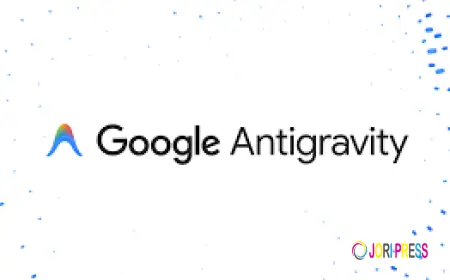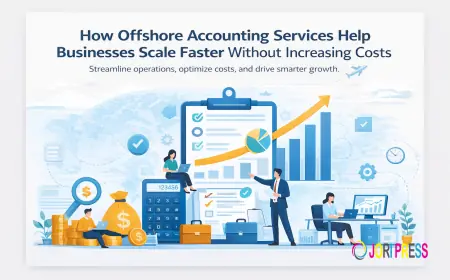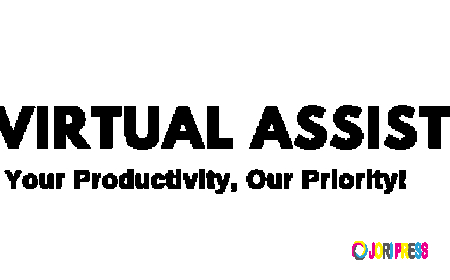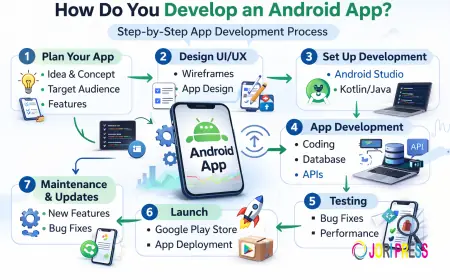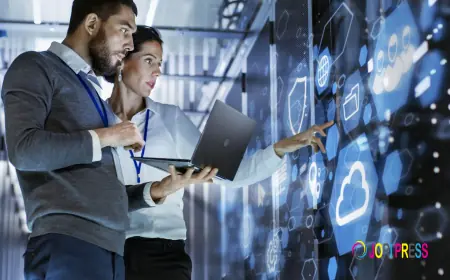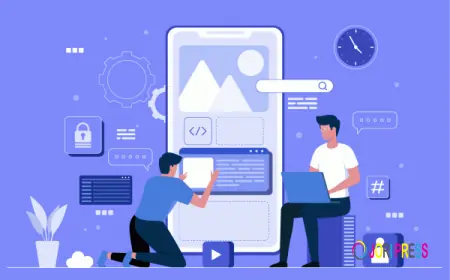How Can AI Agent Token Development Enable Next-Level Smart DAOs?
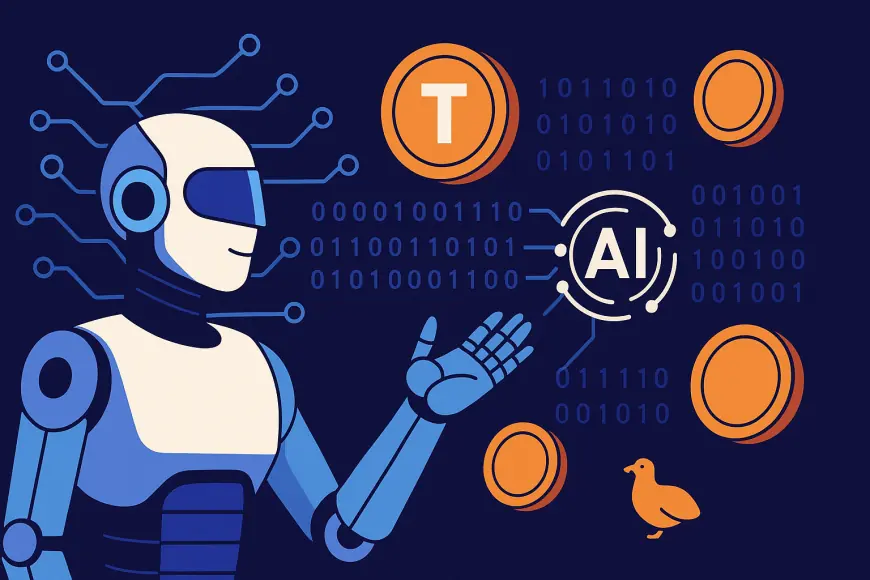
The integration of Artificial Intelligence (AI) into decentralized autonomous organizations (DAOs) represents a significant leap forward in how blockchain-based governance systems operate. Traditional DAOs have already redefined organizational structures by removing central authorities and enabling community-driven decision-making. However, as the blockchain ecosystem matures, the complexity and scalability requirements of DAOs demand more sophisticated solutions. This is where AI agent token development emerges as a transformative force. By embedding AI-powered agents into the core of DAO architectures, projects can achieve unprecedented levels of autonomy, efficiency, and intelligence. This fusion promises to usher in the era of Smart DAOs—self-governing systems capable of dynamic adaptation and advanced problem-solving without human intervention.
Understanding the Role of AI Agent Tokens in Smart DAOs
AI agent tokens represent the convergence of two technological paradigms: autonomous AI systems and decentralized blockchain governance. These tokens are designed to facilitate the operation of AI agents within DAOs by enabling seamless interaction with blockchain protocols, executing smart contracts, and managing resources intelligently. Unlike standard governance tokens, AI agent tokens carry intrinsic programmability that allows them to trigger AI behaviors and decision-making processes within the DAO. This added layer of intelligence empowers Smart DAOs to operate more like autonomous entities rather than merely code-governed collectives. The tokens function as both the fuel and the control layer, coordinating AI agents that oversee voting mechanisms, resource allocation, and governance updates.
Why Traditional DAOs Face Limitations in a Complex Ecosystem
While DAOs have proven their potential in decentralized governance, they often encounter bottlenecks as ecosystems grow. Manual voting processes, static governance models, and lack of adaptive mechanisms make them susceptible to inefficiency and governance gridlock. Moreover, traditional DAOs struggle to process vast datasets in real time or to respond quickly to external market dynamics and threats. These limitations restrict their utility in scenarios requiring complex decision-making, such as decentralized finance (DeFi) protocols, supply chain networks, and large-scale Web3 ecosystems. By introducing AI agent tokens, DAOs can overcome these constraints and evolve into dynamic, responsive governance systems capable of autonomous action.
Enabling Autonomous Decision-Making With AI Agents
The core advantage of AI agent token development lies in enabling Smart DAOs to make autonomous decisions with minimal human oversight. AI agents equipped with machine learning models can analyze massive datasets, identify trends, and recommend or execute governance actions aligned with the DAO’s objectives. For instance, in a DeFi protocol, AI agents could dynamically adjust liquidity pools or rebalance token allocations based on market volatility. The AI agent tokens facilitate these actions by acting as programmable triggers and validators that authorize AI-driven processes on-chain. This autonomy allows Smart DAOs to maintain operational efficiency even in highly volatile environments, ensuring that governance remains agile and effective.
Enhancing Governance Through Predictive Analytics
Predictive analytics powered by AI agents brings a forward-looking dimension to DAO governance. By analyzing historical data, on-chain activity, and external factors like market sentiment, AI agents can forecast potential challenges and opportunities for the DAO. AI agent tokens enable these agents to propose preemptive governance measures such as adjusting protocol parameters or reallocating treasury funds before adverse events occur. This proactive approach strengthens the resilience of Smart DAOs and fosters trust within their communities, as stakeholders see tangible benefits from intelligent, data-driven governance.
Streamlining Resource Management and Treasury Operations
Smart DAOs often manage extensive treasuries and resource pools, which require careful allocation to support ecosystem growth. AI agent tokens empower AI systems to autonomously monitor financial health, track expenses, and execute resource distribution in alignment with community-approved strategies. These agents can automate grant disbursements, funding rounds, and staking rewards while ensuring compliance with DAO rules encoded on-chain. By integrating AI-driven optimization algorithms, Smart DAOs can achieve more efficient use of resources, reduce human error, and maximize ROI for token holders.
Improving Security and Threat Detection in Smart DAOs
Security is a persistent concern for DAOs, which are vulnerable to governance attacks, exploits, and market manipulations. AI agent token development plays a crucial role in strengthening DAO security by enabling AI agents to monitor network activity continuously. These agents can detect anomalies, flag suspicious transactions, and even execute emergency protocols such as pausing contracts or freezing assets when threats are identified. Because AI agent tokens are programmable, they can be configured to grant emergency powers to specific AI agents under predefined conditions, ensuring rapid and autonomous responses to security incidents.
Facilitating Interoperability Across Decentralized Ecosystems
As DAOs increasingly operate across multiple blockchains and interact with diverse protocols, interoperability becomes a critical challenge. AI agent tokens are instrumental in facilitating seamless cross-chain operations. They empower AI agents to coordinate governance actions across Layer-1 and Layer-2 networks, manage token swaps, and synchronize updates between different ecosystems. This capability allows Smart DAOs to function as cohesive entities in a fragmented blockchain landscape, unlocking new possibilities for collaborative governance and multi-chain resource management.
Driving Community Engagement With AI-Powered Personalization
One of the often-overlooked benefits of AI agent token development is the potential to enhance community engagement. AI agents can analyze individual stakeholder behaviors and preferences to deliver personalized experiences within the DAO ecosystem. They might recommend governance proposals relevant to a user’s interests, suggest optimal voting strategies, or tailor communication to different community segments. The AI agent tokens underpin these interactions by enabling secure and verifiable AI-driven personalization. This approach strengthens community participation and fosters a sense of ownership among members, which is vital for long-term DAO sustainability.
The Roadmap for AI Agent Token Integration in DAOs
Successfully integrating AI agent tokens into DAO frameworks requires a phased and strategic approach. Initially, projects can deploy AI agents for specific tasks such as data analysis and proposal recommendations while maintaining human oversight. As trust in AI systems grows, more autonomous functions like resource management and emergency response can be delegated to AI agents. The tokens themselves must be designed with robust governance mechanisms to ensure that AI actions remain accountable to the community. Open-source frameworks, transparent AI models, and regular audits are critical for maintaining trust and preventing centralization of power within the AI agents.
Real-World Use Cases of AI-Driven Smart DAOs
The potential applications of AI agent tokens in Smart DAOs span multiple industries. In decentralized finance, Smart DAOs can autonomously manage lending protocols, optimize interest rates, and mitigate risks in real time. Supply chain DAOs can leverage AI agents for tracking goods, predicting disruptions, and adjusting logistics strategies. Environmental DAOs might use AI to monitor carbon credits and allocate resources toward impactful sustainability projects. Each of these scenarios demonstrates how AI agent tokens enable DAOs to transition from static governance systems to dynamic, intelligent organizations capable of responding to complex challenges.
Challenges and Ethical Considerations in AI-Driven Governance
Despite their promise, AI agent tokens and Smart DAOs also raise critical challenges and ethical questions. Issues such as algorithmic bias, transparency of AI decisions, and potential centralization risks must be addressed. Ensuring that AI agents operate within community-approved ethical guidelines is essential. Token holders must retain ultimate oversight, with mechanisms in place to override AI decisions if necessary. Ongoing community dialogue, inclusive governance design, and rigorous testing are vital for mitigating these concerns as the technology evolves.
Conclusion:
AI agent token development represents a paradigm shift in the evolution of decentralized autonomous organizations. By infusing intelligence and adaptability into DAO frameworks, these tokens enable Smart DAOs to transcend current limitations and operate as truly autonomous entities. From predictive governance and dynamic resource allocation to enhanced security and community engagement, the applications of AI agent tokens are vast and transformative. As blockchain projects embrace this innovation, we stand on the brink of a new era where decentralized organizations are not just code-based collectives but intelligent, self-sustaining ecosystems capable of navigating the complexities of the Web3 world.
What's Your Reaction?
 Like
0
Like
0
 Dislike
0
Dislike
0
 Love
0
Love
0
 Funny
0
Funny
0
 Angry
0
Angry
0
 Sad
0
Sad
0
 Wow
0
Wow
0


